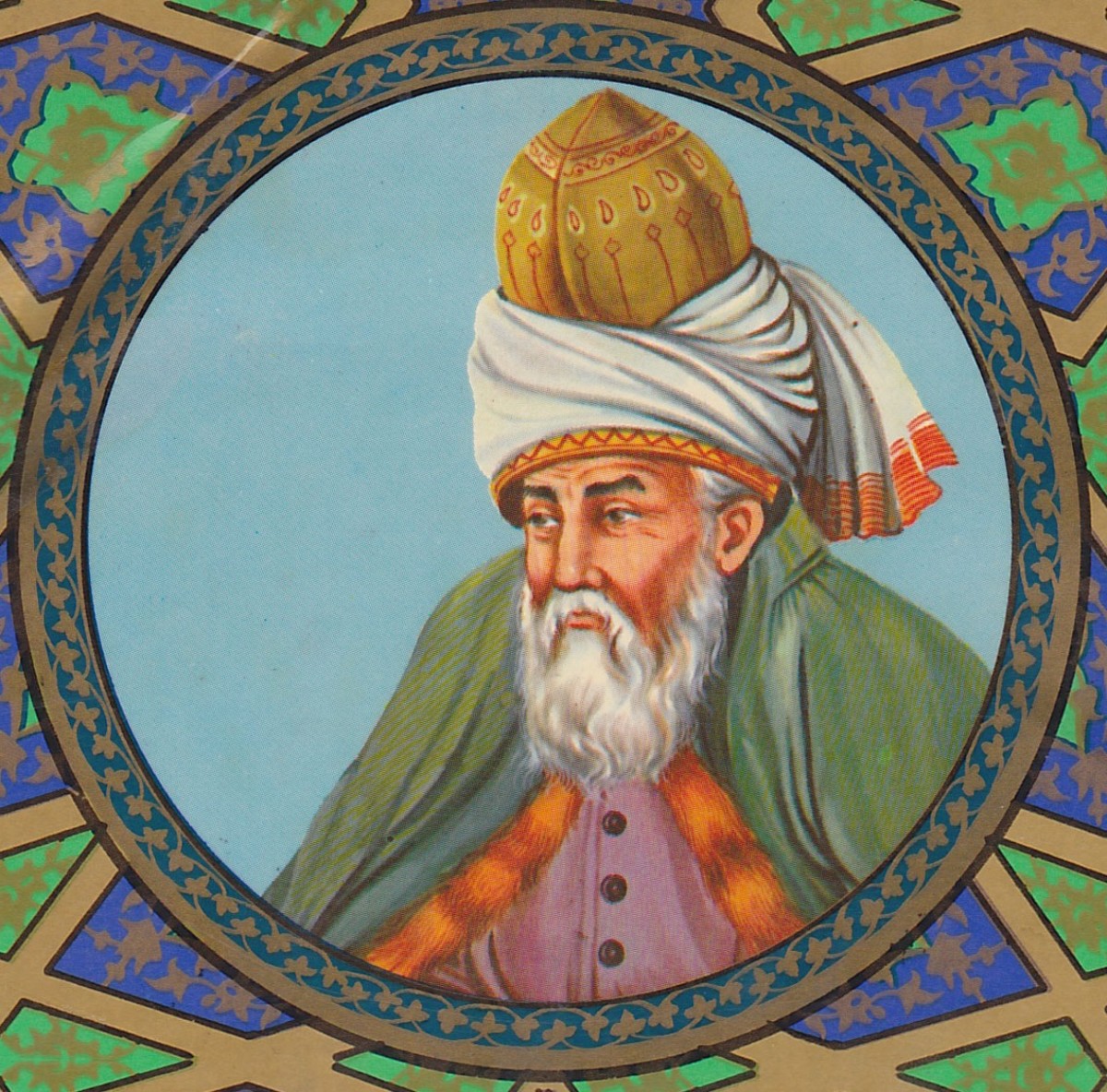A Possible End to North Korea-South Korea Tensions
North Korea – South Korea relations have historically been
fraught with tensions. This is unsurprising, given that both countries have
been embroiled in a 68-year long conflict beginning with the Korean War in
1950. The Korean War has never been formally ended (no peace treaty has been
signed), with the actual fighting ceasing only by virtue of an armistice signed
on 27 July 1953. This agreement created the famous Demilitarised Zone at the 38th
parallel (separating North and South Korea), a symbol of the bygone Cold War
and a reminder of a conflict frozen in time. It is at this border that North
Korean soldiers occasionally stage their defections (https://www.youtube.com/watch?v=xq3CXm9zCy0),
periodically putting the Demilitarised Zone at the centre of international
tensions.
It is common knowledge that the separation preceded a
divergence of development. While South Korea enjoyed all the benefits of a
capitalist economy, growing into one of the G-20 major economies (South Korea’s
mixed economy ranks 11th in terms of nominal GDP as per the International
Monetary Fund), North Korea’s economy has stagnated in isolation as its
populace periodically faces famine (see the famine of 1994-1998, where a high estimate
puts the number of deaths at 420,000) and constant malnutrition. Unsurprisingly,
the ‘rogue’ state follows the policy of Songun
or “military-first”, owning one of the largest armies in the world. It is
also common knowledge that human rights violations are widespread in North
Korea; international scrutiny is periodically cast on these violations when those
involved come from modern democracies. A notable example is that of Otto
Warmbier, an American student arrested for theft of a propaganda poster while
on a guided tour of North Korea; he was sentenced to 15 years’ imprisonment
with hard labour, but soon suffered severe neurological injury and fell into a
coma. He never regained consciousness and passed away on June 19, 2017.
It was therefore truly a historical moment when the leaders
of North and South Korea met at the Demilitarised Zone (DMZ) in a symbolic show
of amicability – the Moon-Kim handshake, as it is known, is lauded as the first
step to reconciliation after long years of bitter posturing (See the handshake
here: https://www.youtube.com/watch?v=88Dnkn98QVE).
This was as much between the two Koreas as it was between North Korea and the
rest of the ‘civilised world’. The question is whether this reconciliation can
last. Can North Korea really re-join the fraternity of nations? Does it want
to? Can Trump really broker a peace?
No one can know for sure what goes on in North Korea’s
corridors of power. In any case, one can be certain that the game of politics
there is vicious and lethal. Who can forget the vivid (albeit probably false)
story of Kim Jong Un feeding his uncle to the dogs? In any case, his uncle,
Jang Song Thaek was executed, although probably by the more humane method of the
firing squad (see http://www.businessinsider.com/kim-jong-uns-uncle-was-shot-not-fed-to-a-pack-of-wild-dogs-2014-1/?IR=T&r=SG).
Yet, international pressure never fails to elicit vitriolic barrages from the
North Korean propaganda machine, which goes to show the sensitivity of North
Korean leaders. While the liberal media firmly rejects any notion that Trump
might have played a part to broker a peace between North and South, my opinion
is that Trump’s pressure must have been key. After all, Moon Jae In has only
recently been elected President of South Korea after the impeachment of Park Geun-hye,
with his short presidency attenuating any effect his foreign policy might have
had. Trump’s role was crucial, as seen from the fact that the second meeting
between Kim and Moon at the DMZ centred around the cancelled Trump-Kim summit.
The entry into the fraternity of nations, then, must come from
the US – and from Trump. The doorway will probably be a summit between the Trump
and Kim. Although the original 12 June Singapore Summit was cancelled, the
prospect of its still taking place was revived by Trump immediately after. Indeed,
such a brash tactic has been criticised by commentators, including Japan’s
Hitoshi Tanaka, who was at the centre of a diplomatic victory in 2002 “when
North Korea agreed to return five Japanese citizens out of 13 it admitted it
had previously abducted” (see https://www.theguardian.com/world/2018/may/31/north-korea-trump-approach-risks-disaster-warns-japan-diplomat-mr-x-hitoshi-tanaka).
Nevertheless, circumstance has put Trump at the centre of a historical event;
politically, he is already ahead, having secured the release of three Americans
from the clutches of North Korea (see https://www.theguardian.com/us-news/2018/may/10/trump-welcomes-home-three-americans-released-by-north-korea-pyongyang).
Ultimately, there is cause for hope. Kim’s mellow response
to Trump suggests that the 45th President’s tactics are paying
dividends (see: https://www.vox.com/2018/5/25/17393660/trump-north-korea-response-summit-cancel).
Surprisingly, the Art of the Deal might end up resolving a decades-long
conflict.
Frederick Yorck




Comments
Post a Comment